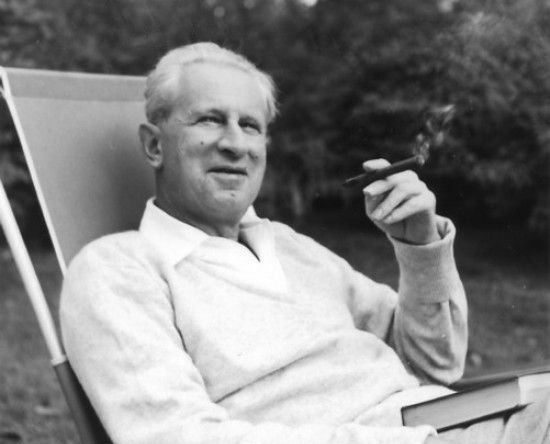Herbert Marcuse citáty a výroky
Herbert Marcuse: Citáty v angličtine
“Domination has its own aesthetics, and democratic domination has its democratic aesthetics.”
Zdroj: One-Dimensional Man (1964), p. 65
“The Foundations of Historical Materialism,” Studies in Critical Philosophy (1972), p. 9
“This is the pure form of servitude: to exist as an instrument.”
Zdroj: One-Dimensional Man (1964), p. 33
[describing the view of Husserl] p. 164
One-Dimensional Man (1964)
